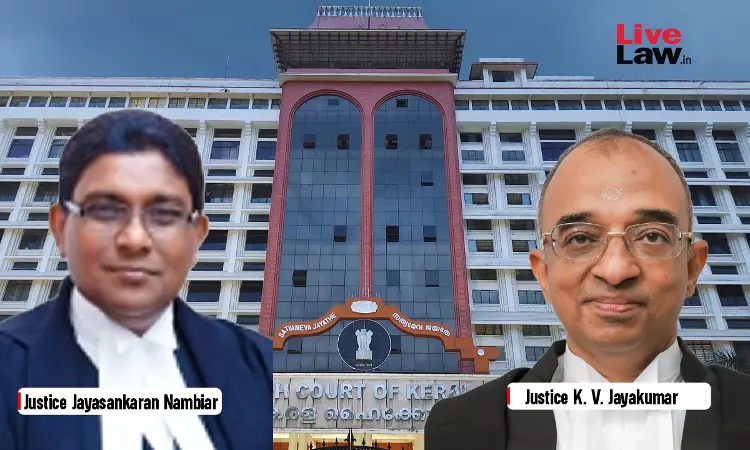The Kerala High Court stated that the department cannot reopen an assessment that has already been settled by issuing a fresh notice if the period of limitation had expired before the date of the amendment extending the timeline for reopening.The Division Bench of Justices A.K. Jayasankaran Nambiar and K.V. Jayakumar observed that “…….no doubt, in those cases where the erstwhile period...

